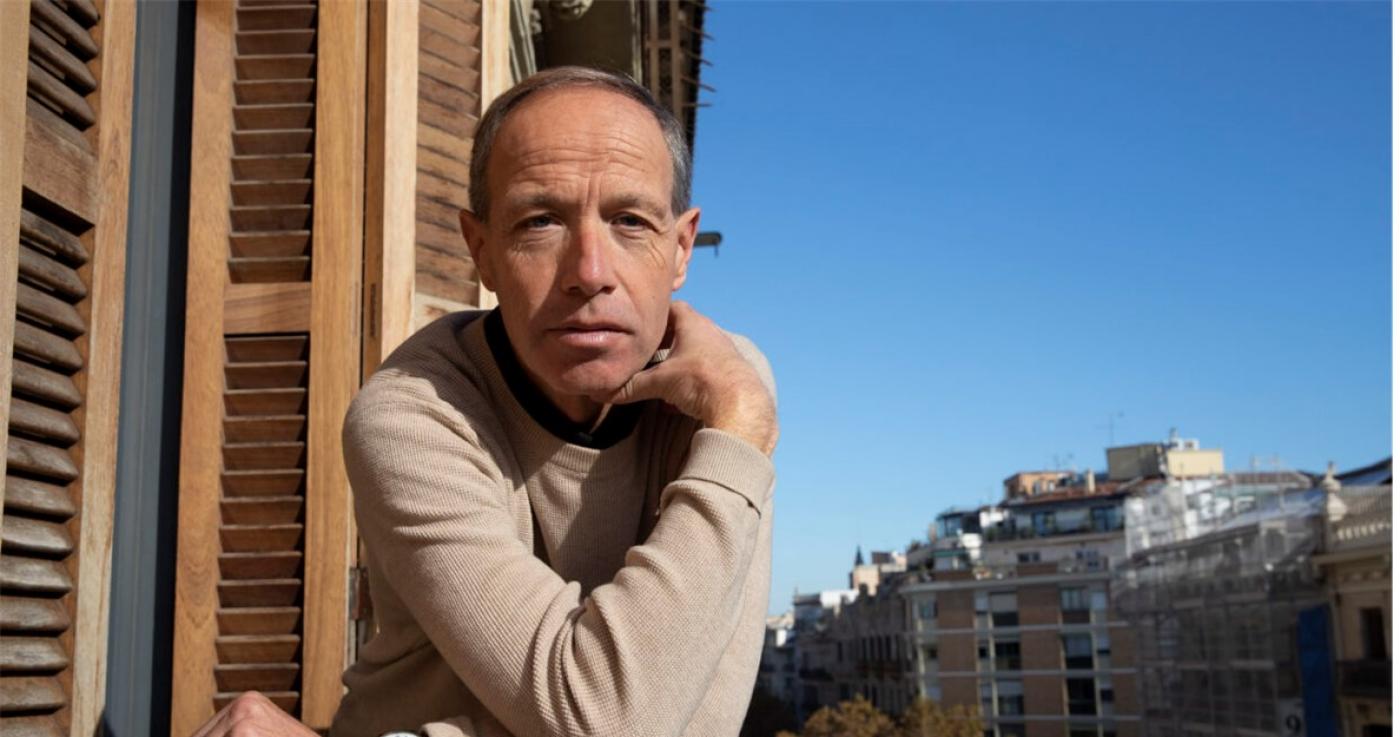Dr. Francesc Torralba, philosopher and professor at the La Salle-URL Faculty of Philosophy,, recently taught the webinar 'Algorithmic Ethics', in which he reflected on the current challenges for ethics and technological humanism. The session took place in the framework of the Master in Research in Philosophy and Humanistic Studies, of which Dr. Torralba is one of his professors, and served to put on the table some of the questions of the current technological world, which is radically changing the ways of living and relating, thinking, creating, loving and working of people, as well as rethinking identity and social questions.
Robotics, algorithms and artificial intelligence are a tangible and existing reality, with observable consequences from very radical points of view: optimism or pessimism, technological fetishism or anti-technological revulsion. Dr. Francesc Torralba took advantage of the session to delve into this world marked by social networks, virtuality, robotics, mechanization and the power of data and information from an ethical point of view. Because as a human creation, Torralba considers that it must be able to be ordered and interpreted with ethics in mind.
Algorithmic ethics
There are more and more artifacts that make decisions for people, which implies that the capacity of free will is being given away. But, based on what criteria do these machines make decisions? These criteria, in fact, can give rise to discrimination, according to Dr. Francesc Torralba in one of the six theses he mentioned in the webinar, and which form the basis of his new book, La ética algorítmica. "I demand an ethics of transparency to know how the algorithms were made, who made them and what criteria were followed", claimed Torralba.
In this line, Torralba advocated the creation of "interdisciplinary and independent artificial intelligence ethics committees that are responsible for reviewing that the algorithms respect the framework of the Constitution and the Universal Declaration of Human Rights". In addition, he explained that "the great fundamental challenge is to create interdisciplinary communities between engineers and philosophers, mathematicians and humanists, physicists and theologians". Dr. Torralba also highlighted the importance of language translation work "to reduce speculation and abuse and instill criteria for algorithmic programming, with the aim of introducing diversity and evaluation of algorithms".
The Master in Research in Philosophy and Humanistic Studies
This transversal and multidisciplinary reflection strategy is what La Salle-URL works with in all its areas of knowledge, and which has been strengthened with the integration of the Faculty of Philosophy of La Salle-URL. The webinar was held in the framework of the University Master's in Research in Philosophy and Humanistic Studies, which introduces students to the practice of scientific research, by learning the methodologies of philosophical and humanistic research, and with the guided implementation of different research projects that respond to their personal interests.
